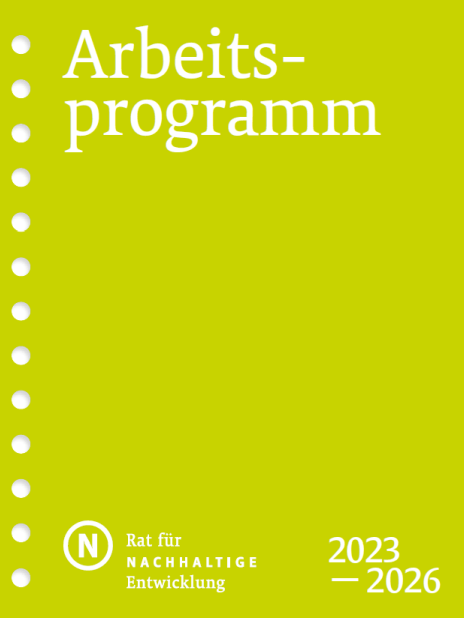Work programme of the German Council for Sustainable Development 2023-2026
Foreword by the Chairs
Now, in 2023, we have reached the halfway point in the United Nations 2030 Agenda and the fulfilment of its 17 Sustainable Development Goals (SDGs). As this agenda ties in directly with the Paris Agreement and the Kunming-Montreal Global Biodiversity Framework, there are currently more global guidance systems aimed at boosting sustainability in place than ever before.
In the European Union, the European Green Deal has helped to advance many sustainability issues, but on the flip-side, we only have around seven years left to fulfil the 2030 Agenda. And in both Europe and the rest of the world, we are not yet on the right track with most of the topics. For many of the SDGs, the impact of the Covid-19 pandemic, and more so the heightened geopolitical tensions, not least from the Russian war of aggression on Ukraine, have set back the efforts to achieve them.
But climate and resource protection along with biodiversity conservation are more urgent than ever before, and if we are to stand a chance of living a good and sustainable life within planetary boundaries, it is imperative that we act now, robustly and decisively, despite all the roadblocks. The German Council for Sustainable Development (RNE), with its new lineup since January 2023, will support policymakers, but also stakeholders from civil society, local governments and business, in this mission with its own recommendations and activities.
In doing so, it is essential to support the processes of transition and structural change socially, to ensure societal cohesion. Only if everyone can be a part of the transition, if people see the change processes as presenting more opportunities than risks and the transformation of economy and society is mapped out fairly and democratically, will we all be able to make a success of the transition. People need security and good employment prospects, but they also want reliable information and the ability to plan, so they can get comfortably through the transformation. This applies to numerous policy areas – from active labour-market and employment policy to educational equity, right through to questions of how we farm our land and what we eat. It is about the living environment of all of us, our lifestyles, our livelihoods. As such, the federal government must set out clear goals and create appropriate conditions, but it must also take as many people as possible along with it, through clever incentives, prudent regulation and open communication. At the same time the government should be sure to engage people so that they themselves become agents of transition.
The RNE seeks to support the federal government in its actions and especially to assist it in finding solutions to conflicts of interest and objective. In the process, we are also keen to include the interests of future generations in the discussion. We must now set the course for a successful transition. In so doing, the Council, as upholder of the German Sustainable Development Strategy, is committed to a socially just progression that is promising for both environment and business. More generally, it will also work to give sustainability policy more impact.
Besides social cohesion, the RNE will also concentrate on overcoming existing obstacles in climate policy and the challenges for climate change adaptation. Another focus for us over this three-year term will be the improvement imperative for biodiversity and nature.
So the RNE has plenty on its plate to ensure that Germany makes an ambitious contribution to the achievement of the 17 SDGs by 2030, both at home and around the world.
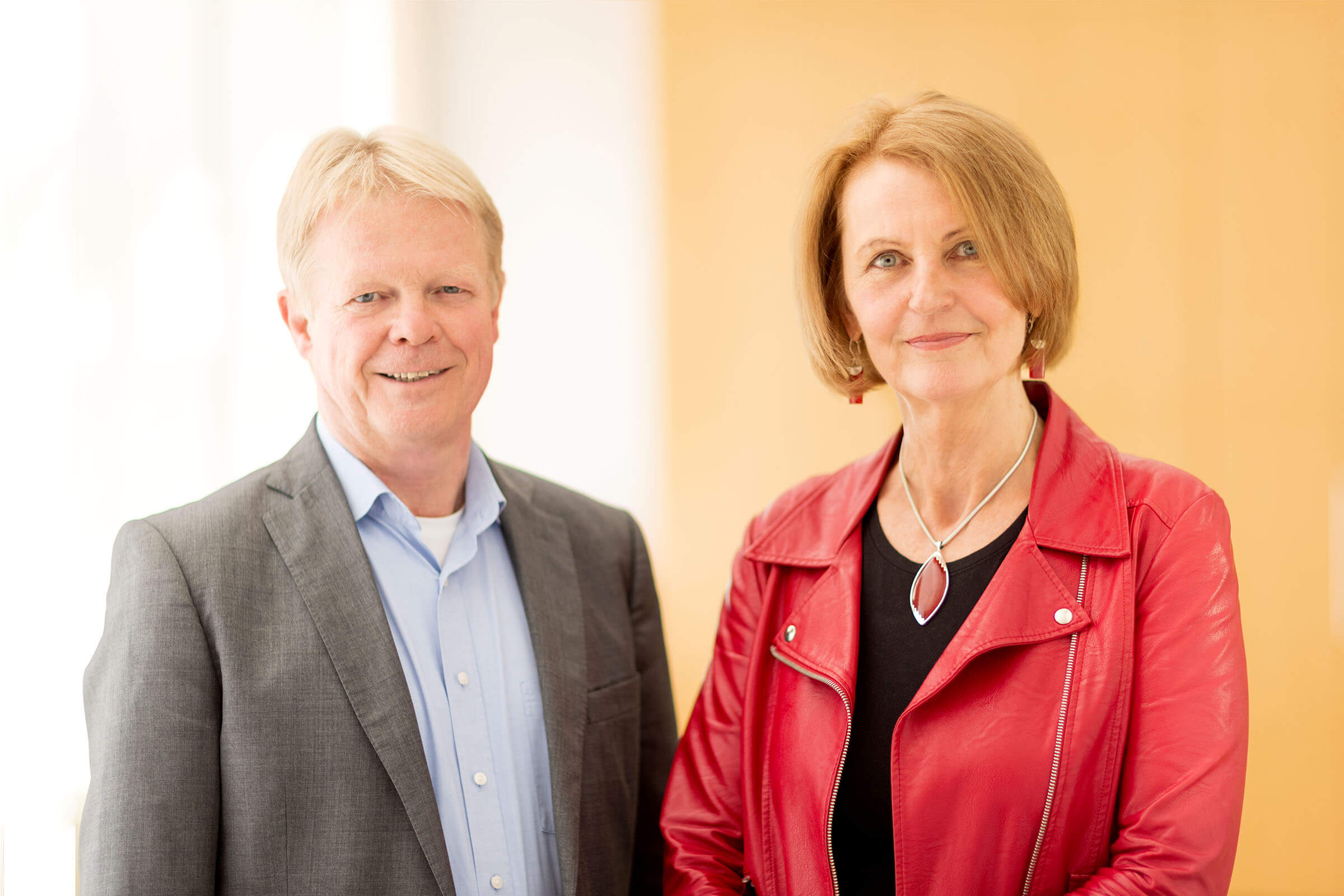
Reiner Hoffmann, Chair and Gunda Röstel, Deputy Chair; Photo: Andreas Weiss © RNE
The German Council for Sustainable Development
The German Council for Sustainable Development (RNE) advises the German government on issues of sustainability policy. It acts in this capacity as an independent entity, and since 2001 its members have been appointed every three years by the federal government. The Council consists of 15 public figures, comprising individuals from civil society, the business sector, the scientific community and the political arena. As such, it brings all stakeholder groups to the table and develops constructive and consensual solution processes for a far-reaching transformation into a sustainable economy and society.
Chief among the RNE’s functions are:
- Contributing input to the further development and implementation of the German Sustainable Development Strategy (DNS) and the global Sustainable Development Goals (SDGs).
- Commenting on issues presented to it by the State Secretaries’ Committee for Sustainable Development (SSCSD). In addition, the Council can also comment on sustainable development topics without being engaged by the SSCSD, particularly on the status of sustainability in specific policy areas.
- Promoting social dialogue on sustainable development at national and international level. The Council undertakes projects to raise awareness of sustainability and embed it in society and the economy. It also advocates the international exchange of experience.
The RNE sets itself a work programme that sets out steps for fulfilling the above functions.
Cross-cutting issues – What we always keep in mind:
- Social justice – factoring in questions of distribution and societal acceptance
- Digitalisation – potential for more sustainable development, but also risks new path dependencies
- Local implementation perspective – a large part of the sustainability transition will take place locally in towns and communities
- Competition, investment and innovation prospects – sustainability for Germany as an industrial and business location
- European and international perspective and frameworks – sustainability in, with and through Germany
RNE’s focus topics
1. Social cohesion in the transition
Social cohesion is the glue that holds our society together. Transformation often goes hand in hand with disruption and a profound, structural change in the public, private and/or commercial spheres as well as entire regions. The reform of industry and the service sector will lead to considerable job losses, but at the same time new types of jobs and new prospects for employment will emerge. It is therefore essential to address the conflicting goals that come with sustainability targets honestly. Just as crucial is the social acceptance of transition processes. People need to see these as providing security and social stability. This has the best chance of succeeding if, on the one hand, they themselves have agency in the transition by way of participation and co-determination rights; in the so-called social economy, too, there are plenty of good approaches in civil society or with foundations and investors. On the other hand, unequal pressures must be cushioned from the outset through socially differentiated measures. Moreover, education is key to unlocking innovation opportunities and social participation.
The impacts of the climate crisis and species extinction will inevitably make the social situation of people on low and middle incomes more precarious. To counteract this, social security systems need to be looked at again. Promoting and strengthening social cohesion costs money – which in turn brings up questions of distribution. This being the case, the Council is keen to include secure employment prospects with decent work as well as good education as a guiding principle in the further development of the German Sustainable Development Strategy (DNS).
2. Ways to net zero in climate policy
As set out in the Paris Agreement, the rise in the average global temperature is to be limited if at all possible to 1.5 degrees Celsius. If we are to have a chance of still achieving this, the world must slash its greenhouse gas emissions still further. For the policy target of reaching climate neutrality in Germany by 2045, this means sizeable emission reductions in all sectors, utilisation and expansion of natural sinks through changes in land use, and presumably also safe options for carbon capture and storage.
Based on its joint statement on climate neutrality with the German National Academy of Sciences Leopoldina (2021), the new iteration of the RNE seeks on the one hand to uncover political dilemmas and conflicts of interest. On the other, it aims to introduce recommendations for political, social, technological and financial approaches to overcoming these obstacles into the policy debate. By way of example, the expansion of renewable energies should be accelerated, international hydrogen partnerships established promptly and the necessary network, transport and storage infrastructure for this be expanded. Furthermore, there needs to be greater investment in renovating the existing building stock and decarbonising industrial processes. Given the already noticeable impacts of climate change and the growing probability of missing the climate targets, the Council will also devote more attention to adaptation measures.
3. Biodiversity loss – reversing the trend
The Council will present proposals for not only halting the alarming loss of biodiversity but actually reversing the trend, thus enhancing the resilience of nature and our societies. The ultimate aim is a turnaround for biodiversity with all its benefits for humanity. An eco-friendly approach will boost our food supply and our health, support carbon storage and clean water, and reduce the risk of further pandemics. In fact, a paradigm shift is called for – with new policy ideas, changes to land use, and business models that focus on regeneration, resilience and the circular economy with due regard to welfare effects.
Furthermore, we shall draw up tangible proposals on how infrastructures and sustainable water management can contribute to the protection and recovery of biodiversity. And we will flesh out the recommendations of the Commission on the Future of Agriculture (ZKL). All measures will therefore promote the swiftest possible implementation of the Kunming-Montreal Global Biodiversity Framework (December 2022).
Advisory functions
International and European sustainability policy
Delivery of the 2030 Agenda has suffered worldwide setbacks due to the multiple crises we face. At the same time, the necessary financing to accelerate the implementation and realise the SDGs by 2030 is lacking. On behalf of the UN General Assembly, UN Secretary-General António Guterres has launched a reform process that will enable the United Nations to respond better to multi-crises moving forward. The RNE, for its part, has for years been advocating greater regard for international effects in the DNS as well as the mobilisation of innovative financing. This way, Germany could better uphold its international commitments and fulfil its responsibility in the world.
With the European Union’s report prior to the UN’s High-Level Political Forum (HLPF) in July 2023, the debate around European sustainability policy is taking off again. A new European Parliament to be elected in 2024 and a new Commission could reframe European sustainability policy beyond the EU Green Deal. As such, the RNE will additionally endeavour to develop recommendations for the EU level in advance of the European elections.
Supporting the State Secretaries’ Committee for Sustainable Development and the Transformation Teams
The work of the State Secretaries’ Committee for Sustainable Development (SSCSD) is prepared by Transformation Teams (TTs) starting in 2023. These cover the transition areas of the DNS and the starting point (“lever”) international cooperation and responsibility.
Transformation Teams
- Human wellbeing and capabilities, social justice
- Energy transition and climate action
- Circular economy
- Sustainable building and the transformation of transportation
- Sustainable agricultural and food systems
- Pollutant-free environment
- International cooperation and responsibility
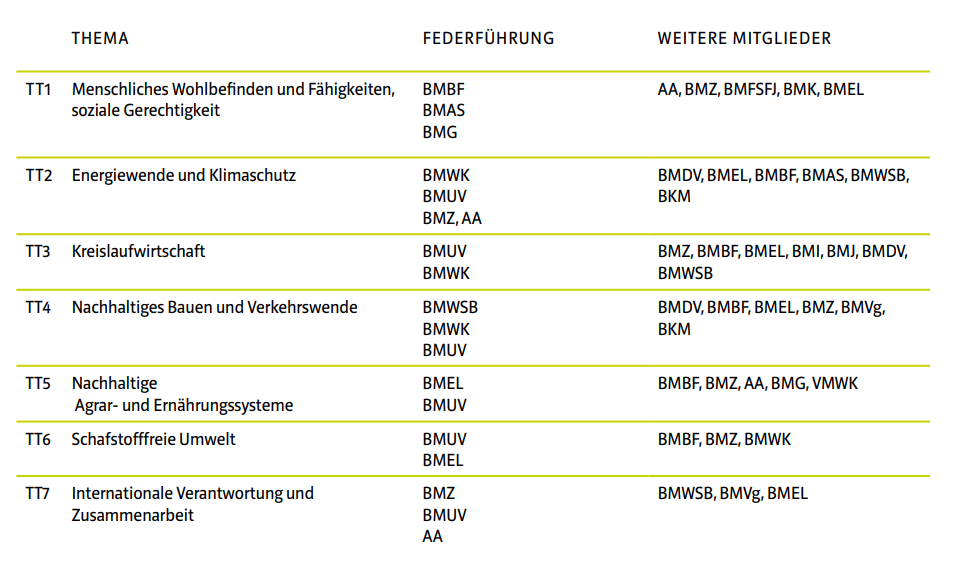
Source: Die Bundesregierung 2022: Grundsatzbeschluss 2022 zur Deutschen Nachhaltigkeitsstrategie [The Federal Government 2022: Basic Resolution 2022 on the German Sustainable Development Strategy] (date: 30 November 2022)
The RNE plays a part in these cross-ministerial work processes of the TTs as well as in the SSCSD. Its aim is to provide impetus for the German government’s sustainability policy and the implementation and further development of the DNS.
Supporting and developing the German Sustainable Development Strategy
Based on the 17 SDGs, the German Sustainable Development Strategy (DNS) is the control mechanism for sustainable development in Germany. It is due to be updated by the end of 2024. In addition to the specialist input for the Transformation Teams and the SSCSD, the Council is working on overarching recommendations for its implementation and progression. In addition, the further development of the DNS will form the basis for Germany’s Voluntary National Review (VNR) at the UN’s High-Level Political Forum in July 2025.
The RNE will prepare recommendations on topics including institutional advancement (for example, strengthening political coherence and effectiveness) as well as overarching elements of DNS control (including the lever of finance and budget). A further point of focus will be revising the goals, indicators and policy measures.
Sustainability reporting and sustainable finance
The United Nations Conference on Trade and Development estimates that between five and seven trillion US dollars per year needs to flow into sustainable development for the SDGs to potentially be reached. This requires, for instance, financial flows to be redirected into sustainable economic activities. Key to this is the transparency of companies’ sustainability performance, especially for private and public investors. With this in mind, the European Union has, among other things, expanded the mandatory Corporate Sustainability Reporting Directive. The RNE in turn has been systematically involved in sustainability reporting since 2010 when, in a process involving various stakeholders, it drew up the German Sustainability Code (DNK), a reporting standard that is consistently updated. Alongside this, the Council also supports the federal government’s goal of turning Germany into a leading international location for sustainable finance, playing a part in many discussions, for example as an observer on the government’s Sustainable Finance Committee.
Setting the agenda for the next legislative period starting 2025
The impact of the Covid-19 pandemic and the Russian war of aggression in Ukraine, not to mention the squeeze on government budgets and high inflation, have only exacerbated many of the obstacles to sustainable development in Germany. The RNE is convinced that consistent application of the principles of sustainable development will help steer Germany and Europe out of the crisis. But in view of the changed conditions, we need to derive new conclusions from these principles.
The Council therefore plans, in the run-up to the next German Bundestag elections, due in autumn 2025, and a future Coalition Agreement, to draw up recommendations on the main sustainability issues for the political parties.
Bridging the gap to society: RNE dialogue initiatives
Focus group Society
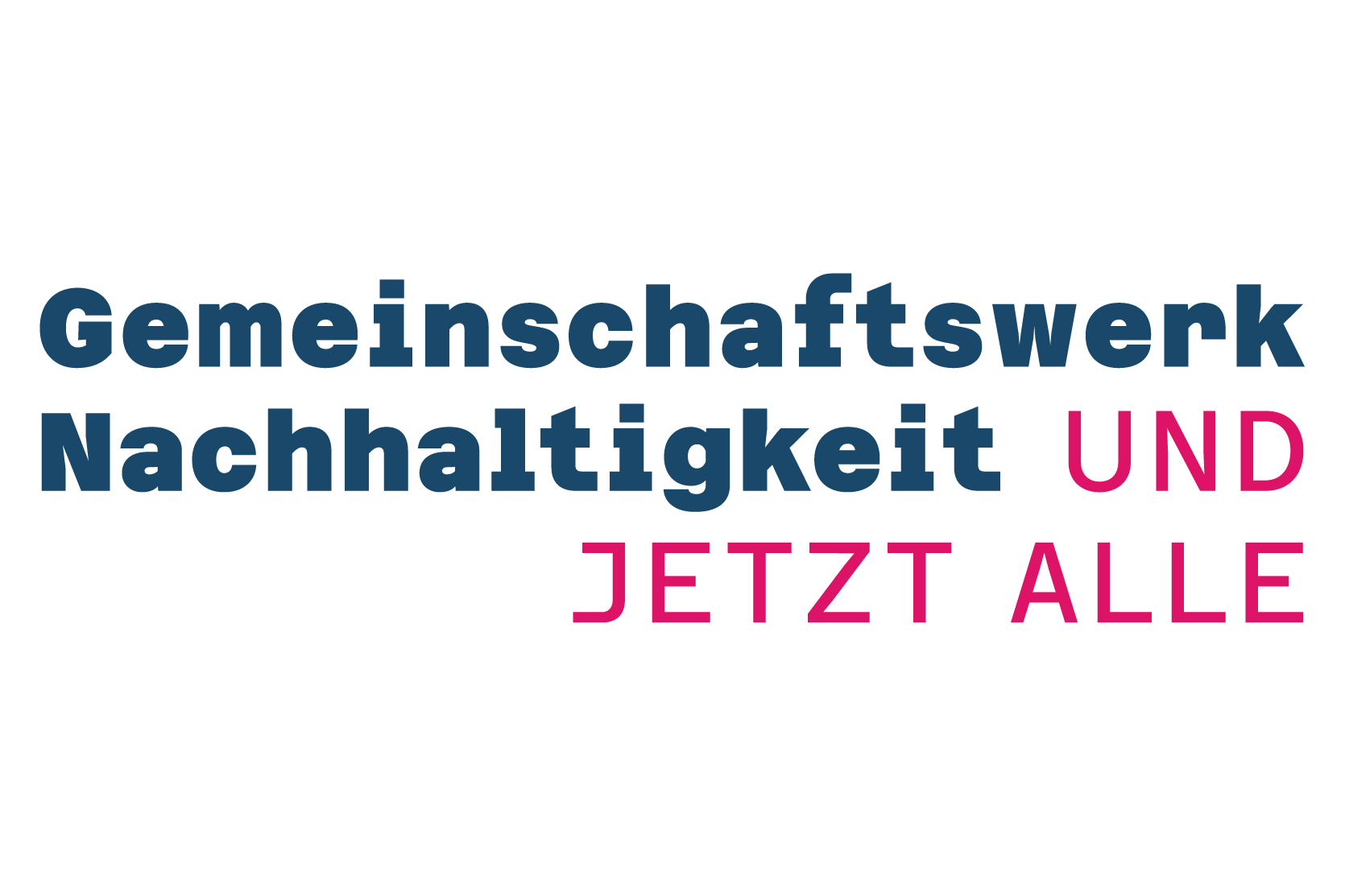
The Joint Action for Sustainable Development is a new platform designed to foster sustainability engagement throughout Germany.
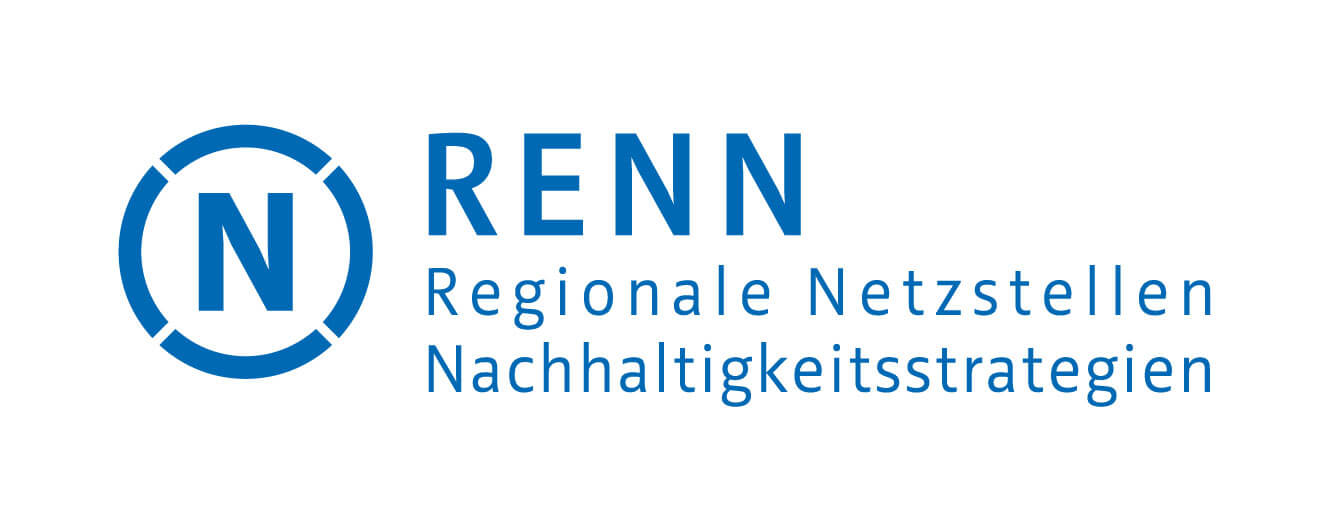
Founded in 2016, the RENN network (Regional Hubs for Sustainability Strategies) – RENN.north, RENN.central, RENN.south and RENN.west – brings together stakeholders from civil society, local government, business, politics and administration who want to play a role in sustainable development in Germany.
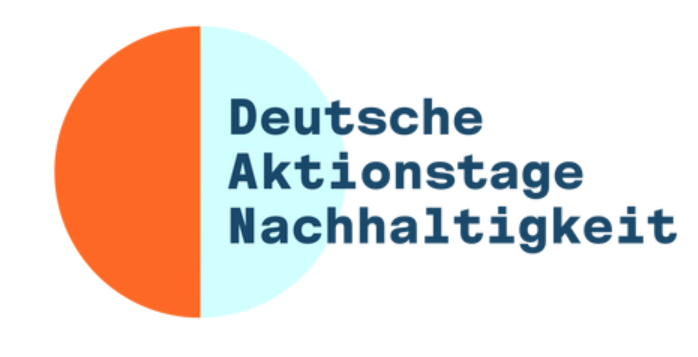
The German Sustainability Action Days (DAN) aim to highlight sustainability engagement across Germany and to encourage more people to act sustainably.

Project Sustainability recognises projects that help promote sustainable development across the full breadth of society.
Focus group Economy
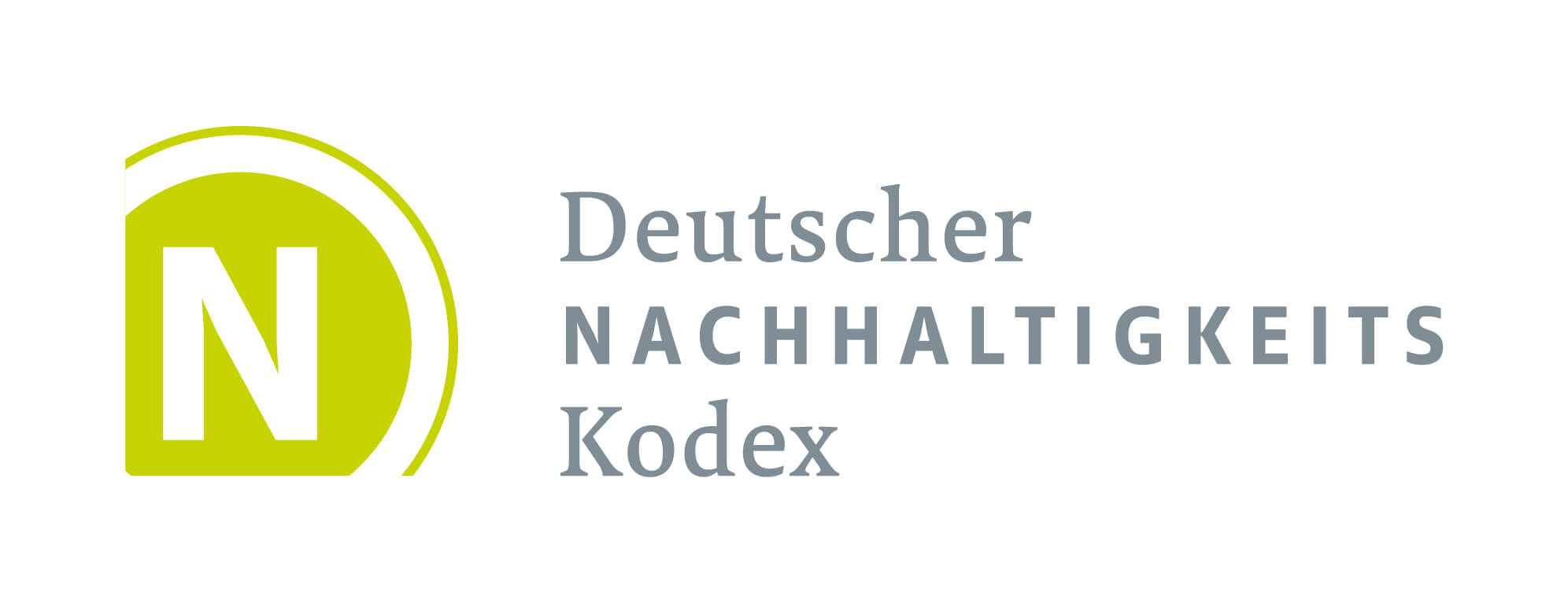
The German Sustainability Code (DNK) is a transparency standard for sustainability reporting for companies. It allows comparisons to be made based on a set of 20 criteria and a selection of performance indicators.
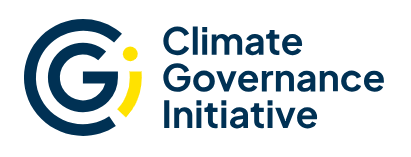
The Climate Governance Initiative (CGI) – Chapter Germany (together with the European School of Management and Technology (ESMT) Berlin and Board Academy e. V.) aims to support supervisory board members as their companies transition to climate neutrality and sustainability.
Focus group Local government
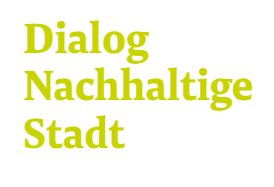
The “Sustainable City” dialogue promotes the regular exchange of ideas between mayors on sustainable urban development, while at the same time enabling local impetus towards a sustainable federal policy.
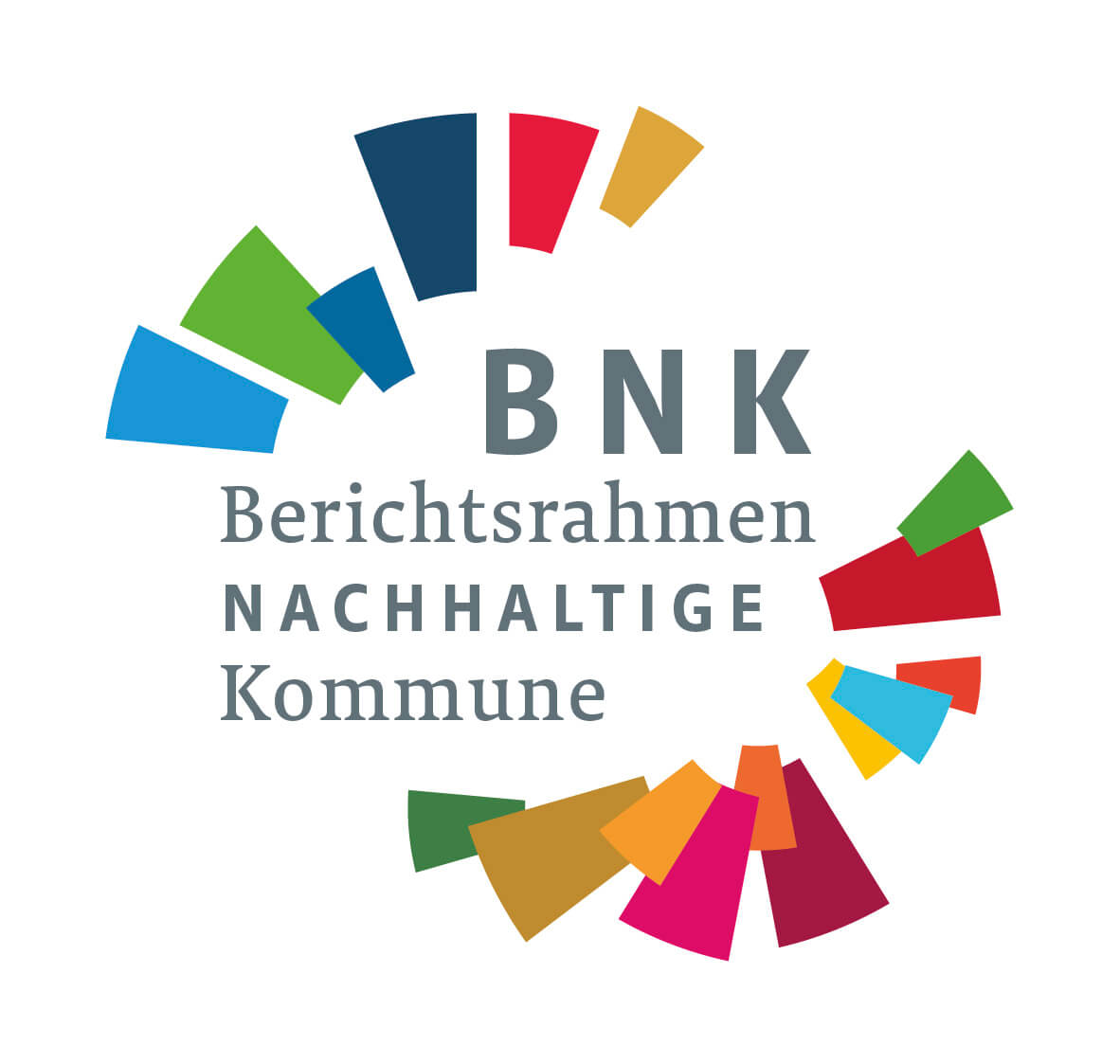
The Local Sustainability Reporting Framework (BNK) helps local authorities in Germany make their progress on sustainable development measurable, thus giving them greater control.
Focus group International partners
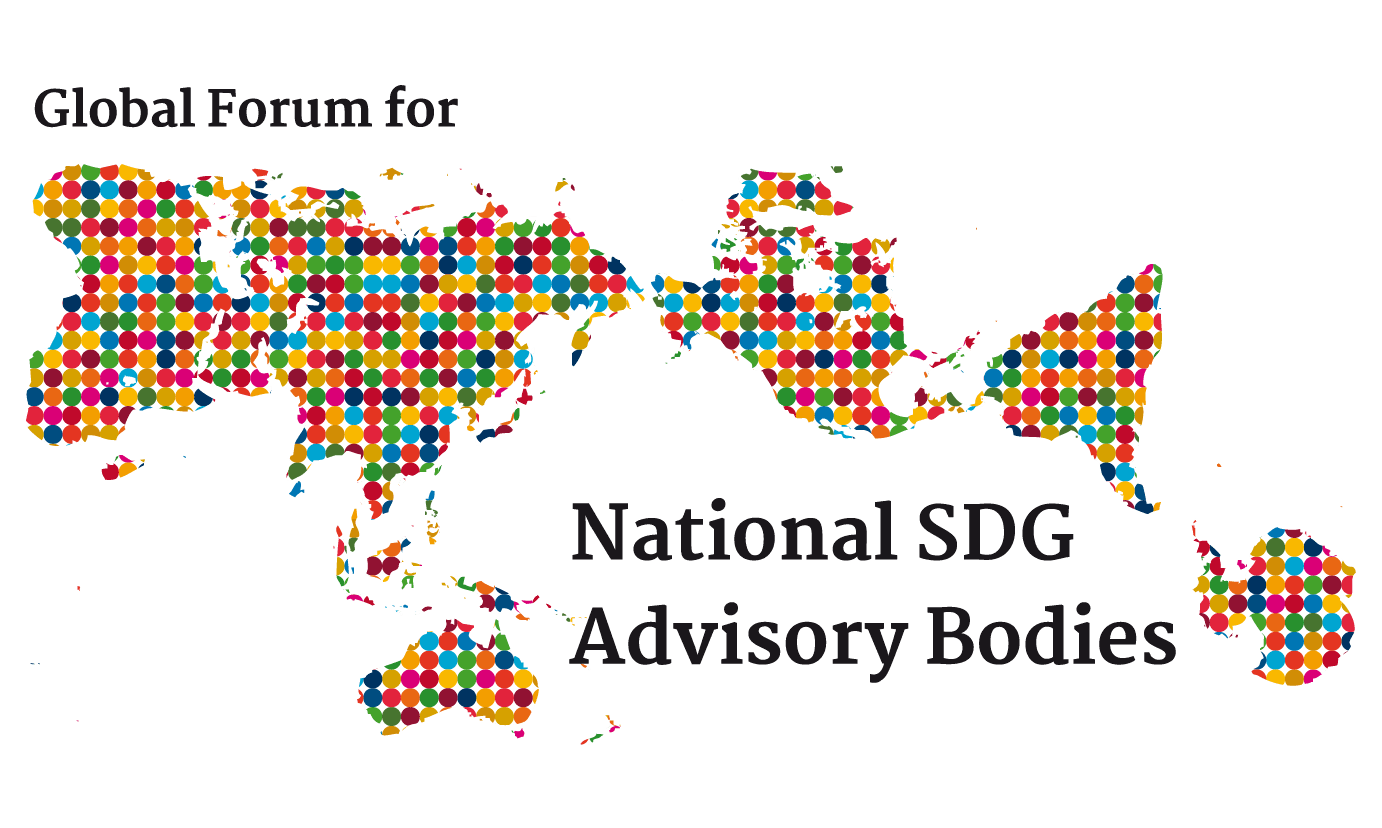
The Global Forum for National SDG Advisory Bodies brings together national multi-stakeholder advisory bodies to exchange ideas around the best tools and methods for implementing sustainable development both nationally and locally.
How the RNE works
Basic principles
To ensure its advice is politically effective, the RNE is committed to the following values in its work and external communications, which apply in its treatment of all topics:
- Relevant: Relevant advisory projects seek to influence specific policy processes that are important for sustainable development in Germany as well as for its role in Europe and the wider world.
- Concise: Concise advisory projects efficiently come to conclusions that are useful for the addressees. The Council summarises its recommendations without being superficial.
- Constructive: Constructive advisory projects are based on concrete challenges and questions, to which they offer specific and actionable solution options. The RNE is committed to possible solutions that are developed across social stakeholder groups without arriving at the lowest common denominator. Such approaches have the potential to overcome barriers in politics and society.
- Clear: Clearly formulated advisory projects can be understood quickly and easily by the addressees.
